Online Bachelors Degree in Graphic Design
BFA in Graphic Design
Program Overview
The online Bachelor of Fine Arts (BFA) in Graphic Design program prepares creative individuals for careers in communication design. This online Bachelor's Degree in Graphic Design program is designed to produce graduates with the skills and attributes for a global audience and tomorrow’s challenges: resourceful, adaptive critical thinkers who are prepared to excel in a professional environment, and whose work is based on effective research, creative problem-solving, and design methodology.
The BFA in Graphic Design program is a 120-credit program completed in 10 semesters (15 weeks per semester) by a student on a full-time schedule (12 credit hours per semester). The program is suitable for both aspiring high school graduates and adult learners looking to advance their skills or earn a degree.
"The online Bachelor's Degree in Graphic Design program is designed to prepare designers to enter or advance their careers and pursue their own creative paths. Our goal is to help you gain relevant skills and generate the compelling body of work that matches your career interests."
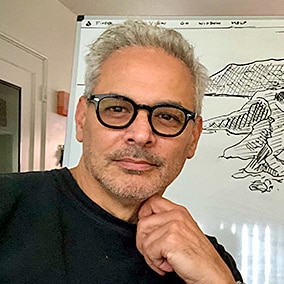
Andrew Shalat
Department Head of Graphic Design, Photoshop and BFA Portfolio Instructor
Program Curriculum
The Bachelor's Degree in Graphic Design is a 120-credit online program completed in 3.3 years or less. Credit transfer and part-time schedules available.
First Semester

DES 121 Photoshop I - 3 Credits
Adobe Photoshop is the premiere image manipulation tool for print design, Web design, and photography. You can learn to tame this creative powerhouse of a program in this online Photoshop course. Working with a design pro, you’ll learn the best techniques for common Photoshop jobs including selecting and isolating objects, creating image composites, masking and vignetting images, setting typography, and improving images with retouching and effects. Photoshop I course syllabus
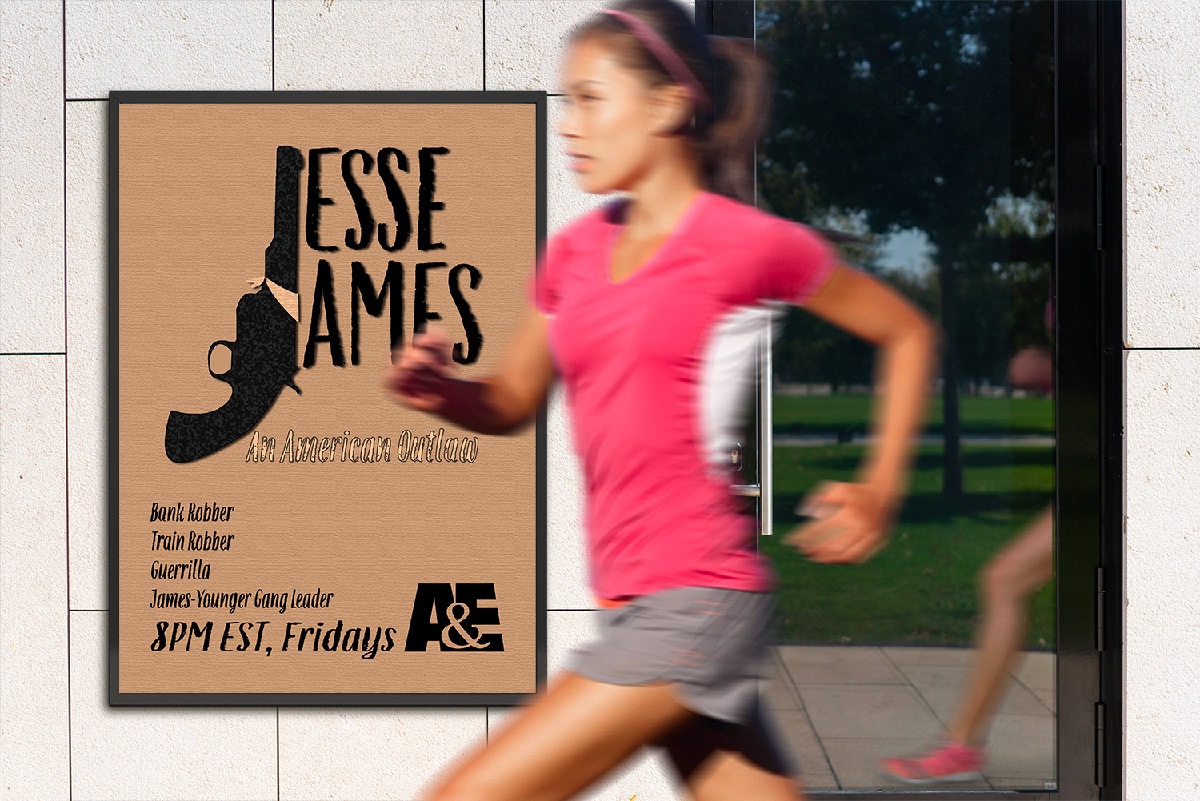
DES 106: Design Foundations - 3 Credits
Color is a fundamental medium for any artist or designer. Typography is what sets designers apart from other artists. Composition, literally the assembly or construction of elements, is the artful arrangement that guides the viewer's eye through an image. In this course, you will analyze everything from Grand Masters to Madison Avenue ads to tubes of toothpaste, and discover how color, type, and composition are combined to create effective and powerful visual communications. Class projects challenge you to build and apply your design skills in application to real-life creative scenarios. Design Foundations course syllabus
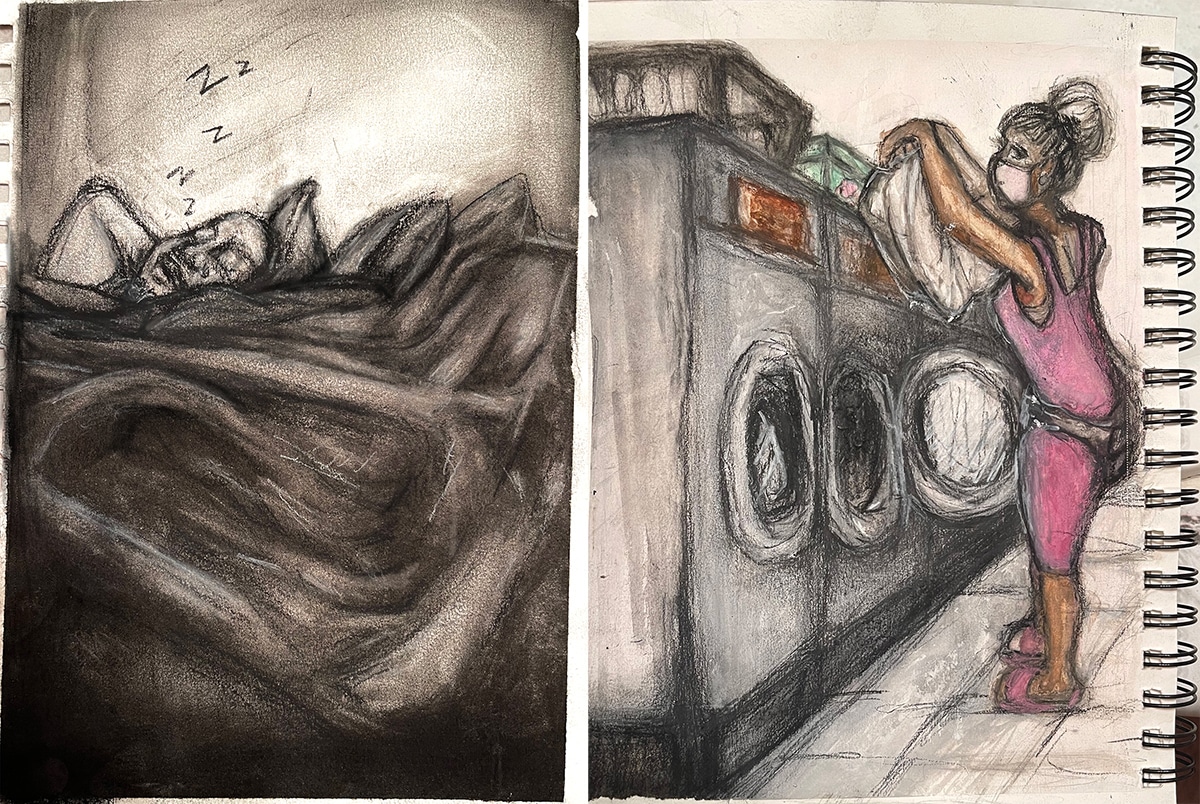
DES 111: Drawing I - 3 Credits
Many people are afraid to draw, but the truth is that drawing is not as hard as it seems. If you can relax, get your mind around the task, and begin to understand what you see, you can draw. In this online drawing course, you'll learn how to analyze what you see in the world around you and communicate it on paper. Guided by a professional artist, you will explore the critical concepts of line, mass, form, perspective, value, and composition, building a solid foundation for all your art and design work. Drawing I course syllabus

GEN 104: English Composition - 3 Credits
Writing is an essential skill in almost any professional career you can name. In this online english composition course, students learn to become better readers and writers. Your goal is to produce clearer, more active sentences, better structured paragraphs, and more coherent and interesting personal and analytical essays. Throughout the semester, class discussions will use the critique of images and videos on art as a stimulus for writing. Students will develop two polished essays that will be presented for peer critique. English Composition course syllabus
Second Semester
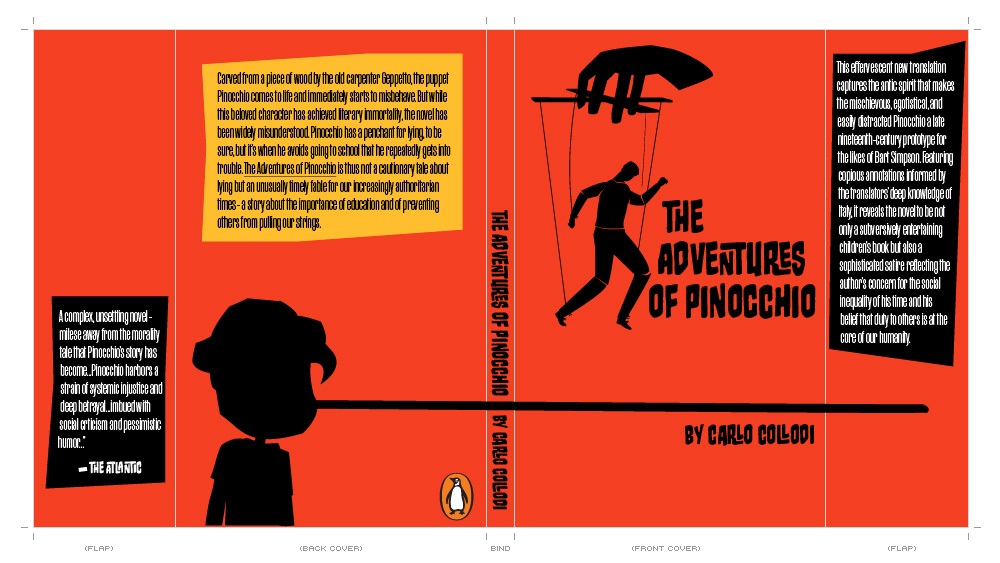
DES 204: The Study of Graphic Design - 1.5 Credits
Professional designers make choices informed by the present and the past. In this online design history course, you'll explore design movements from the early 20th century through today and gain experience in research, idea-building, and production of creative concepts. Working with an experienced art director, you'll learn how to use historical knowledge and cultural awareness as a springboard for your contemporary design projects. The Study of Graphic Design course syllabus
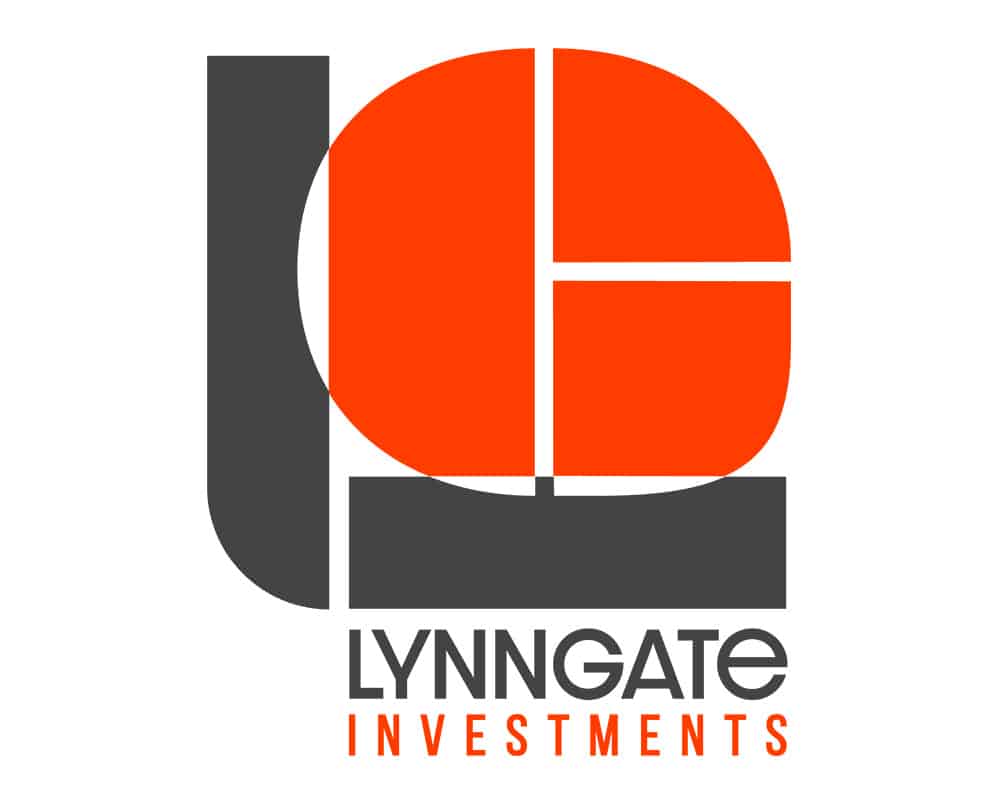
DES 131: Logo Design I - 1.5 Credits
Logos are the front line—the identity of a company. They are ubiquitous, and they are vital. In this introductory online logo design course, you'll learn how to design logos that will strengthen the visual image of your own or your client's company. Working with a design pro, you'll explore the development of logos through a series of case studies. Each exercise combines a written, conceptual component with hands-on projects for creating an effective logo. Logo Design I course syllabus
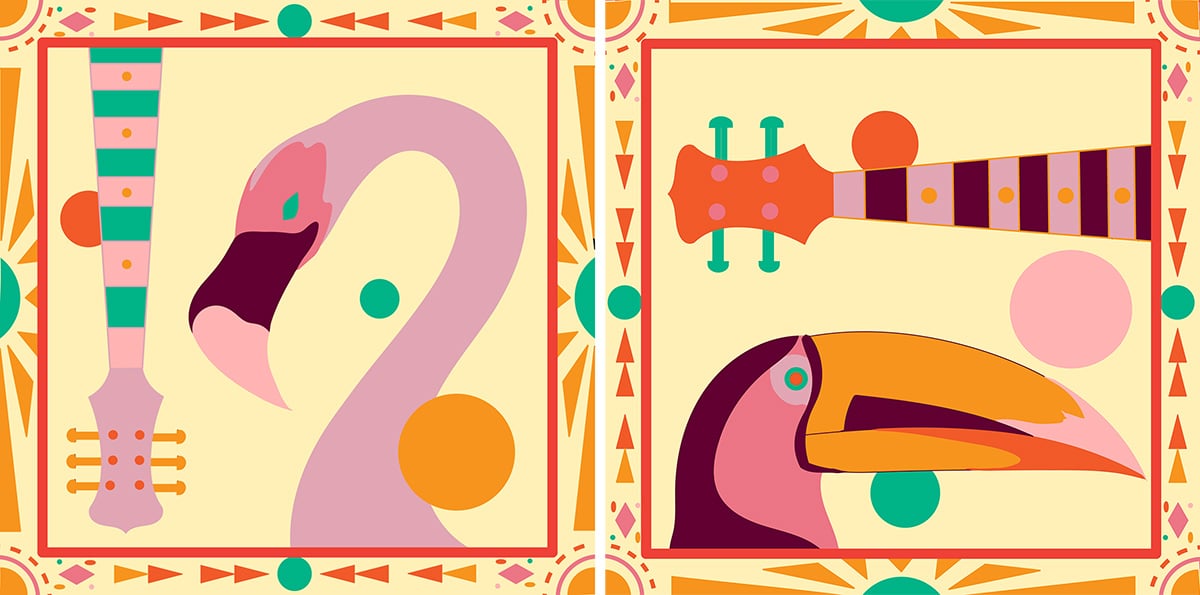
DES 141: Illustrator I - 3 Credits
Adobe Illustrator is a powerful and versatile tool for creating illustrations, logos, and graphics for print and the web. You can learn to produce detailed and scalable art in this online Illustrator course. Working with an expert instructor, you'll build a strong foundation, exploring shape tools, drawing tools, layers, the Pen tool (a lesson unto itself) as well as transformations/distortions, type tools, and modifying paths and shapes. Hands-on illustration projects include creating a robot, a series of album covers, a marketing postcard, an advertisement vehicle wrap, and a company logo. Illustrator I course syllabus
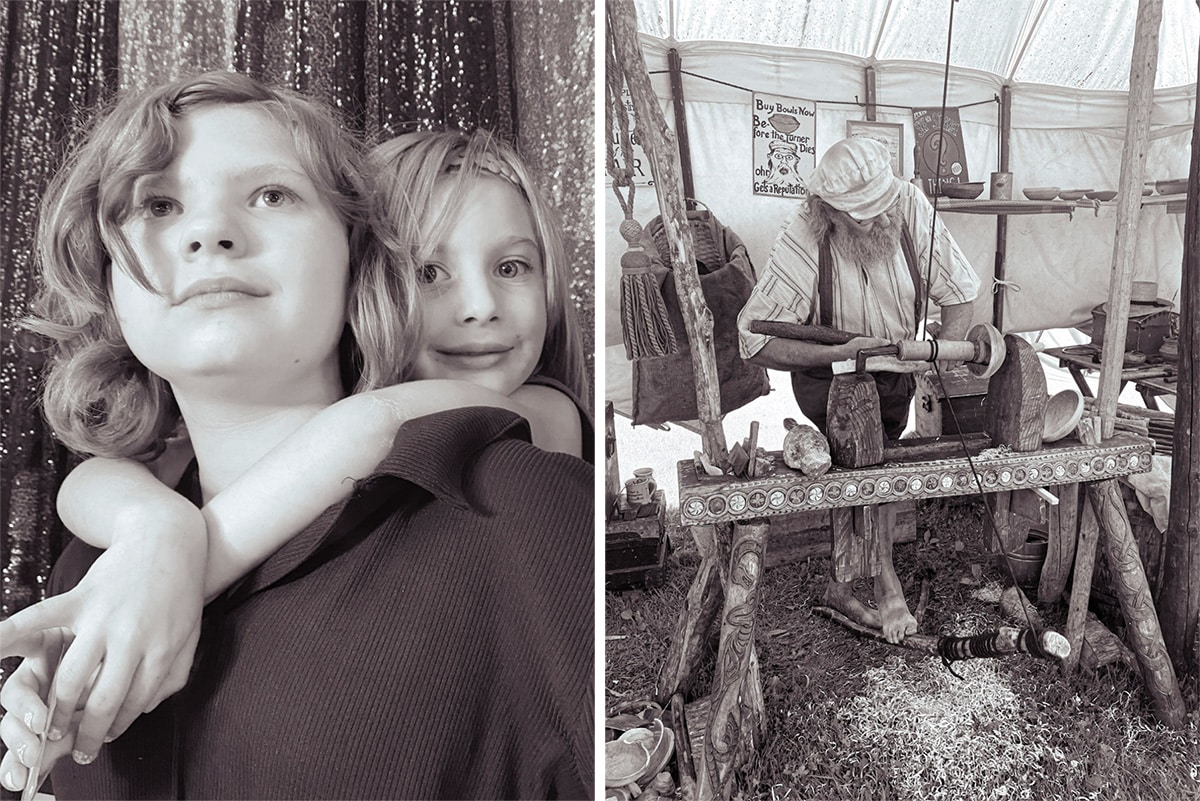
DES 151: Digital Photography I - 3 Credits
In this course, you'll build a foundation in fundamental photography techniques. You will gain control over your camera's manual settings, learning how to balance the elements in the Exposure Triangle (ISO, Shutter Speed, and Aperture/F-Stop. You will discover how to set White Balance appropriately, create depth of field, and capture motion. We will explore composition concepts to help you make your photographs more interesting and effective and equip you for the types of adjustments photographers make to adjust to different lighting conditions. To give you experience in some important genres, you will gain practical experience in shooting different kinds of portrait photographs and sports/motion photographs. Digital Photography I course syllabus
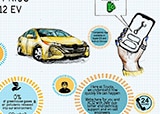
GEN 105: Computer Technology - 3 Credits
To succeed in today's digital workplace, it's imperative to understand how computers work. In this online computer technology course, you'll gain a foundation in modern computer systems. The course provides a foundation in the computer concepts that every working professional should know. Lectures explore the history and technical evolution of computing, with a focus on the development of hardware, software, and the Internet have developed. Course assignments challenge students to master concepts and relate their studies to relevant professional scenarios, including data representation, programming, and social issues in computing. Computer Technology course syllabus
Third Semester

DES 201: InDesign I - 3 Credits
Layout designers today need the skills to move seamlessly between print and digital projects. Luckily, Adobe InDesign can handle it all. In this online InDesign course, you’ll explore a host of essential InDesign techniques and focus on developing efficient workflows. The course will impart a working knowledge of InDesign's main capabilities, everything from basic features to using parent pages, importing and manipulating objects, controlling text flow and style, and organizing content with tables, layers, links, and conveyor tools. Projects give you training in a range of real world print/digital publishing projects, from brochures to catalogs, magazines to ePubs, and even an interactive folio for the iPad. InDesign I course syllabus

DES 102: Typography II - 3 Credits
Typography, technology, and culture are intertwined. Type has the power to communicate meaning and mood through its quirks and beauty, its history and diversity. In this advanced online typography course, you'll learn advanced concepts in typography, building your portfolio through hands-on projects. You'll experiment with type fusion, learn the details of text layout and information hierarchy, create a visual identity for product package and a civic authority, and even design your own currency. Typography II course syllabus
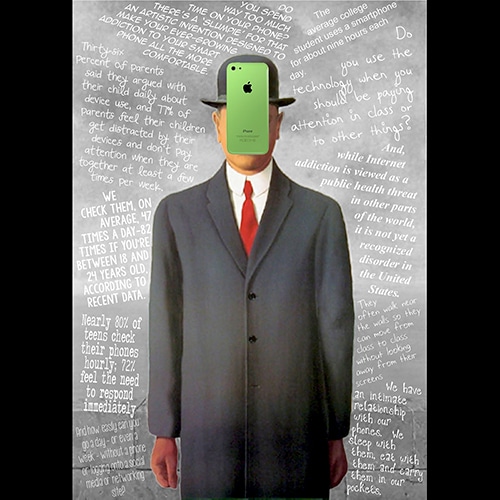
GEN 106: History of Art - 3 Credits
What essentials do artists and designers just need to know? In this online art history course, you'll build a foundation in art and the artists who created it. You'll explore profound themes that have concerned artists for centuries: nature, the human body, society, religion, and politics. Through engaging lectures and projects, you'll learn how to identify the mediums, materials, and techniques artists use and discuss the styles of important artists, art movements, and historical periods from antiquity through the mid-20th century. History of Art course syllabus

GEN 107: General Psychology - 3 Credits
An understanding of human psychology is essential for any designer. In this online psychology course, you'll build a foundation in theories of the mind. The course focuses on the biological and environmental bases for human behavior, including motivation, emotions, states of consciousness, learning, and personality. Students examine classic theories and theorists in psychology and complete research- and reflection-based projects. General Psychology course syllabus
Fourth Semester

DES 211: Graphic Design I - 3 Credits
Graphic designers today must be ready to tackle a wide range of projects from identity design to editorial design to product and packaging design. In this online graphic design course, you'll establish a firm foundation for professional design work. Gain insights from industry veterans and explore the challenges of designing posters, logos, magazine covers, book layouts, 3D designs, and brand identities. Hone your design process, as you research each project, develop concepts, work with expert instructor feedback, and begin to develop pieces for your portfolio. Graphic Design I course syllabus

DES 222: Photoshop II - 3 Credits
How well do you know Adobe Photoshop, the industry-standard imaging app? In this advanced online Photoshop course you'll transcend your current skill set with vector illustration techniques, photo-realistic painting, high-impact typography, and professional editing methods that preserve the editability of your original images. Working with a Photoshop pro, you'll build proficiency with the Pen tool, Adobe Color, Smart Objects and Filters, and more. Photoshop II course syllabus
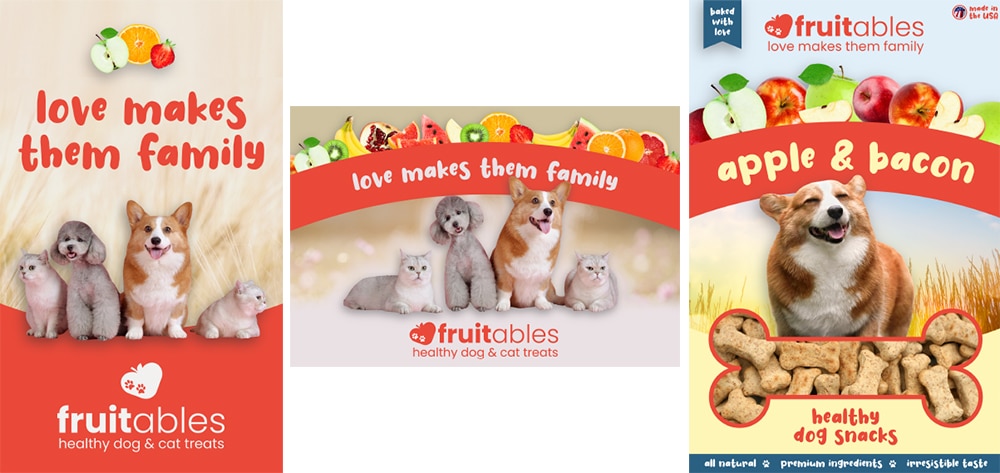
ADV 207: Creative Concept Development - 3 Credits
Where do creative concepts come from? In advertising, illustration, and design, you need to be able generate many ideas for your clients and projects. You can have all the skills in the world, but unless you can develop creative concepts, your products and content will get lost in the sea of what's out there. This online creativity course provides you a training in identifying the needs of each project, brainstorming solutions, challenging your assumptions, and testing/evaluating your ideas until you have a winner. Creative Concept Development course syllabus

GEN 207: Copywriting - 3 Credits
Every ad designer must grasp the basics of persuasive copywriting. In this online copywriting course, students will study how text and images interact in effective ad campaigns, learning how to write and edit ad copy for print and digital advertising media and turn written ideas into visual expression. Working with a professional writer and editor, you'll hone your copywriting skills on realistic projects. Copywriting course syllabus
Fifth Semester
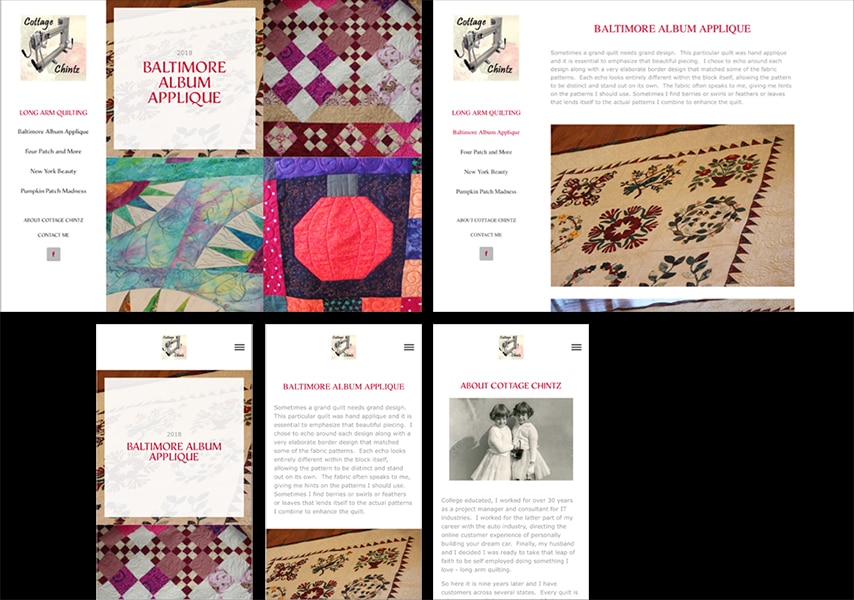
WEB 101: HTML and CSS I - 3 Credits
In order to build a Web site today, you need to know how to code using HTML and CSS. In this online HTML/CSS course, you'll learn just how fun and creative hand coding and designing Web sites can be. Working with a professional Web designer, you'll discover how to create Web pages with HTML and control page design and layout with CSS and get up to speed with current Web design practices including HTML5, semantic coding, CSS Grid, Flexbox, Web fonts, and CSS3 effects. The course will also provide an introduction to techniques used to test website accessibility. HTML and CSS I course syllabus

DES 205: Print Production - 3 Credits
For a novice designer, sending a job to the printer is a mysterious (and expensive) process of trial and error. To manage a print job effectively, you must understand how print shops work, how to communicate with them, and how to identify the best design solution for your budget. In this online print production course, you can learn the fundamentals of producing professional-looking print publications. Working with an expert instructor, you'll learn to choose papers and Pantone inks, modify your materials and processes based on a budget, use Adobe InDesign to prepare designs for print, manage the phases of the production workflow, and most importantly produce high-quality work. Print Production course syllabus
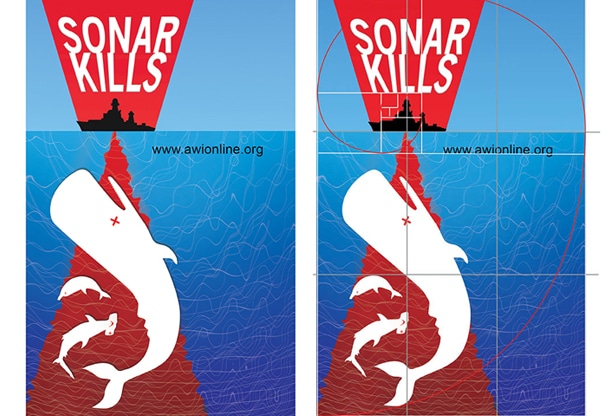
DES 212: Graphic Design II - 3 Credits
Graphic design is the art of visual communication, the visual representation of ideas or concepts. In this advanced graphic design course, you'll study the movements that shaped today's design world. Working with a professional designer, you'll discover how to conceptualize projects, reinvent clichés, distill complex information, and motivate your audience. Class assignments include postage design, annual report layout, poster and book design, an art poster, and a direct mail piece. Graphic Design II course syllabus

GEN 204: Intro to Marketing - 1.5 Credits
Today's business clients are looking for designers who can apply their creative talents in ways that enhance strategic business goals. In this online introductory Marketing Design course, you'll learn tried-and-true marketing concepts and explore how they affect the design process. You'll gain a solid grasp of the marketing process, understand key terms and concepts that every marketer uses, and pick up smart questions to ask in client meetings. Intro to Marketing course syllabus
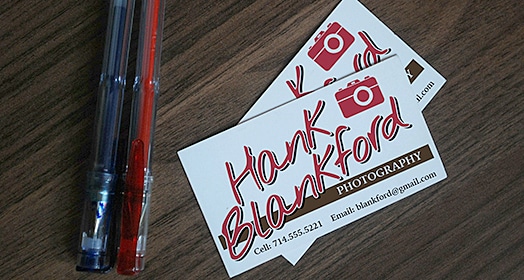
GEN 206: Creative Business - 1.5 Credits
The course provides essential preparation for finding employment opportunities in your creative industry. You will learn how to define a personal career path, break down the job market, and define their goals, talents, and ideal job. This course explores different ways to brand yourself as a professional creative, discussing tips for resume and portfolio preparation, self-promotion, marketing, client searches, responding to leads, interviewing, and presenting work and/or campaigns. Creative Business course syllabus
Sixth Semester
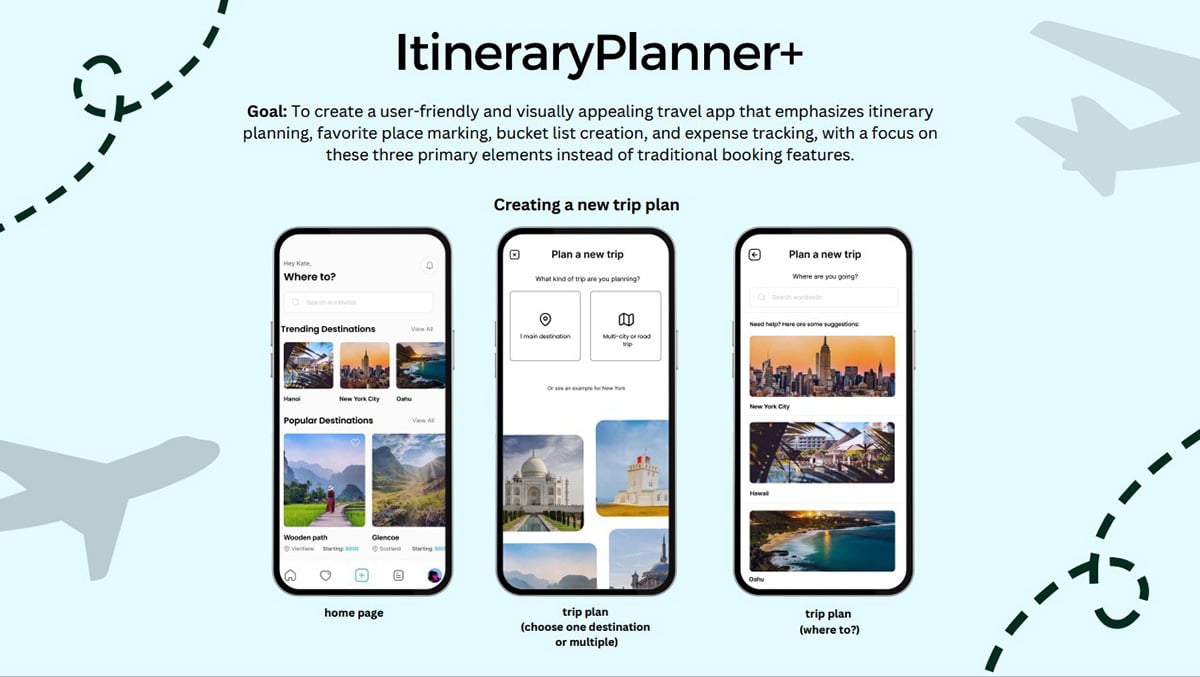
WEB 222: UX/UI Design - 3 Credits
UX/UI is a hot field in software development and web design today. Companies need designers who can rapidly prototype the interface for an app or a website, applying principles of usability and accessibility to create intuitive, engaging user experiences. In this course, you’ll work with veteran UX/UI designer Michael Hamm to learn UX/UI from the ground up. Using your favorite prototyping tool - Sketch, Invision, Adobe XD, or Figma – you will learn how create a concept for an app, and turn your sketches into live prototypes with hotspots, transitions, and slick graphics, using the iterative development process practiced in the industry. UX/UI Design course syllabus

DES 208: Packaging Design - 3 Credits
What makes a product stand out on a crowded shelf? What makes it attract the eye—excite, inform, and appeal, motivating customers to buy? In this online packaging design course, you'll learn the art and craft of package design, studying with a seasoned pro. Working from detailed briefs, you'll design packages for a wide variety of projects, clients, and customers. Key course concepts will include seeing and designing in three dimensions, mass vs. prestige design, and new product launches. Portfolio projects range from pizza store boxes to champagne and fragrance cartons. Packaging Design course syllabus
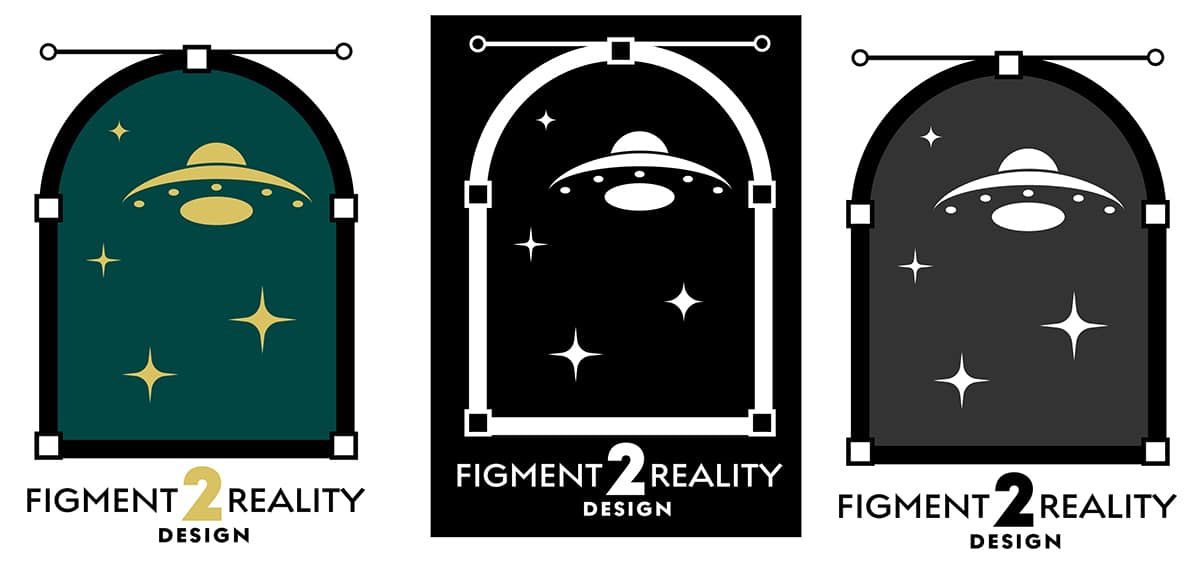
DES 232: Logo Design II - 3 Credits
In the words of the late, great Paul Rand, logos should be like flags: universal, timeless, and durable. Do you have the skills to create identities that endure? Find out, in this advanced online logo design course. Working with an expert instructor, you'll study important identity design concepts including corporate identity, image, branding, and repositioning. The focus will be on learning how to approach each stage of the logo design process, from concept to execution and client presentation. Logo Design II course syllabus

DES 260: Graphic Design Capstone & Portfolio Review - 3 Credits
The Graphic Design Capstone and Portfolio Review class offers an opportunity to develop a multifaceted portfolio piece and hone your creative work into a polished presentation for future clients and employers. The Graphic Design Capstone Project provides a simulation of an extended client design project. Students will take a project from concept to final presentation. Students work closely with the department head, interpreting a project brief, developing design elements, and designing a logo, brochure, and package design. Students participate in Portfolio Review in weeks 9-15 of the semester. This provides students the opportunity to gather and develop a portfolio of work and present it to faculty and classmates for feedback. Graphic Design Capstone & Portfolio Review course syllabus
Seventh Semester
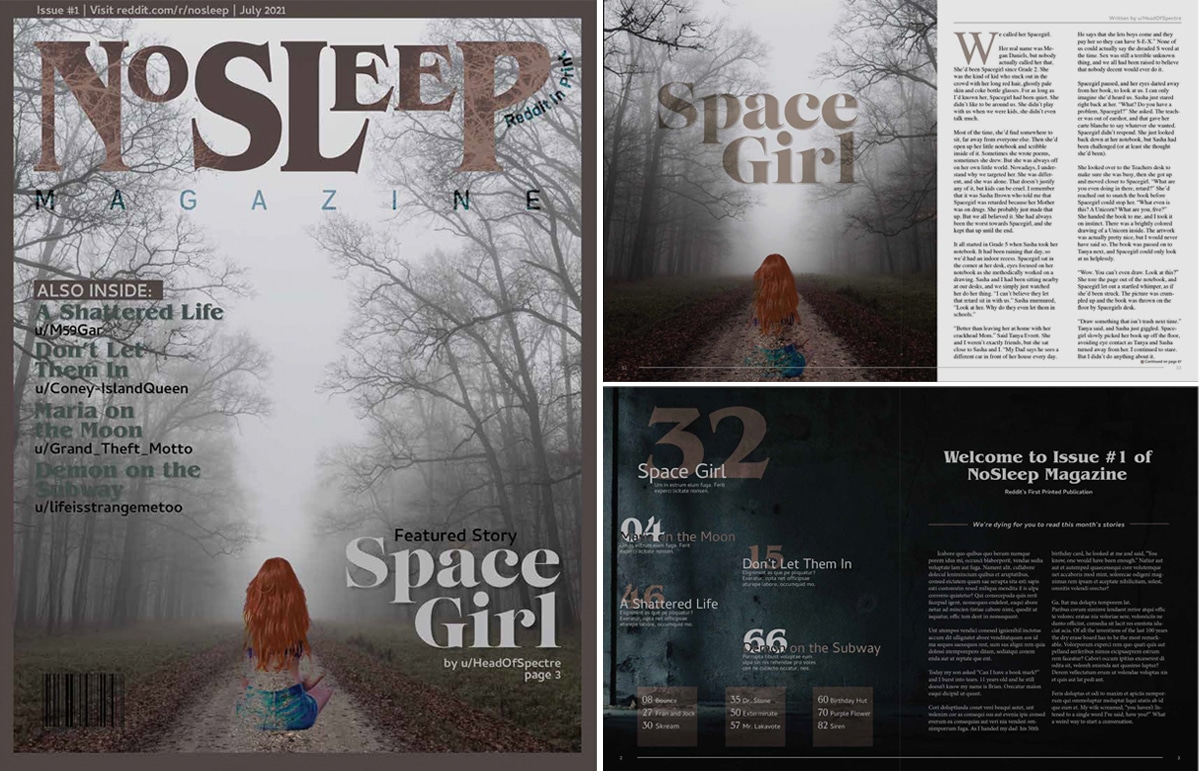
DES 360: Design Systems & Planning - 3 Credits
A design is more than an individual piece, it needs to be integrated into a system. You will begin your exploration of contemporary design systems with a focus on how to apply them when planning, developing, and advancing your design work. What kind of professional designer do you aspire to be? In collaboration with faculty advisors you will review and analyze your current portfolio and identify what kinds of design you want to develop and produce during your program of study and beyond. Design Systems & Planning course syllabus
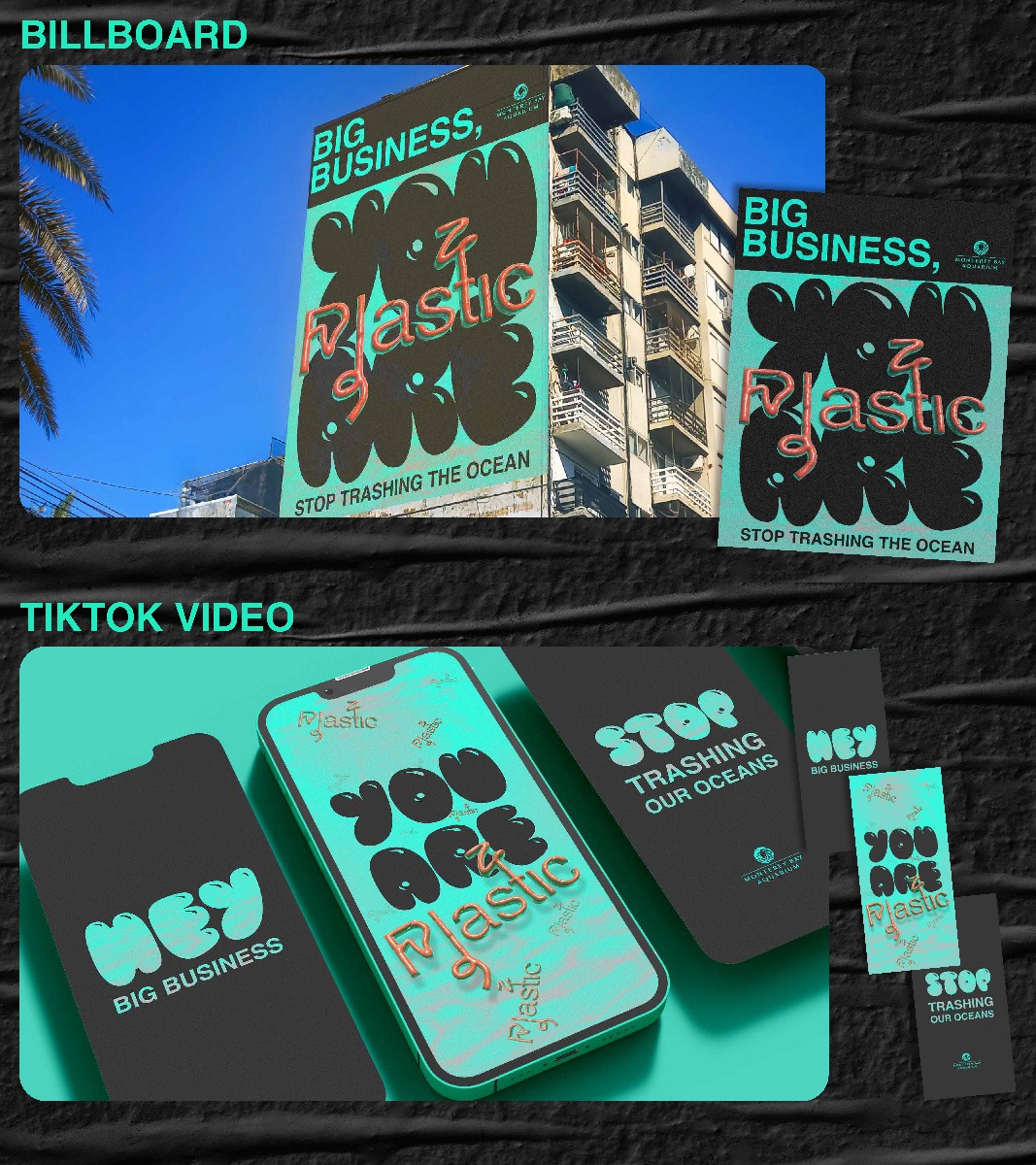
DES 301: Typography III - 3 Credits
Typography can be endless. In this course, you will take a “deep dive” into the world of type to research and explore how typographic letterforms have been and can be presented in creative and innovative ways. You will demonstrate the ability to iterate multiple design solutions, employ advanced aesthetic judgement, and show the ability to communicate with diverse audiences and cultures. You will synthesize multiple design principles as you produce a variety of compelling designs prominently featuring typographic elements. Typography III course syllabus

DES 302: Beyond Branding - 3 Credits
Building upon your branding expertise, you will focus on effectively producing strategic and compelling graphic identity and branding materials. Your designs will be informed by your research of branding for product-driven and service-driven companies, as well as non-profit and cultural organizations. In this class, you will select or develop a signature project and carry it through a classic process: research, brainstorming, feedback, finalizing, client presentation, and final adjustments. Beyond Branding course syllabus
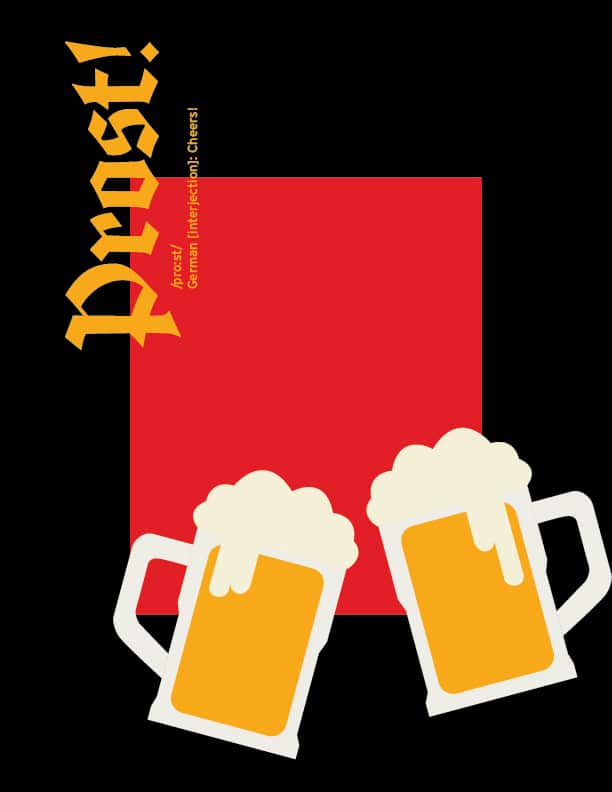
GEN 409: Cultural Anthropology - 1.5 Credits
As a creative professional, you will communicate ideas to complex and diverse audiences. This course explores multiple theories of cultural anthropology that inform the way we understand identities and societies. Areas of focus include language and communication, economic and political systems, ethnocentrism and culture, kinship and descent, marriage and family, gender and sexuality, race and ethnicity, religion and belief systems, the effects of colonialism and industrialization, and the impact of globalization on culture. Cultural Anthropology course syllabus
Eighth Semester

DEG 304: Special Topics I - 3 Credits
Professional designers apply design and communication principles, meet milestones, collaborate with clients, analyze, evaluate, and synthesize creative concepts, adhere to deadlines, and strive to exceed expectations. In this class, you will continue to advance the design strategy plan you developed in the DES 360 Design Systems and Planning course. In collaboration with your instructor, you will select or “spec out” and complete a multi-faceted project and/or set of projects that support your portfolio goals. Special Topics I course syllabus
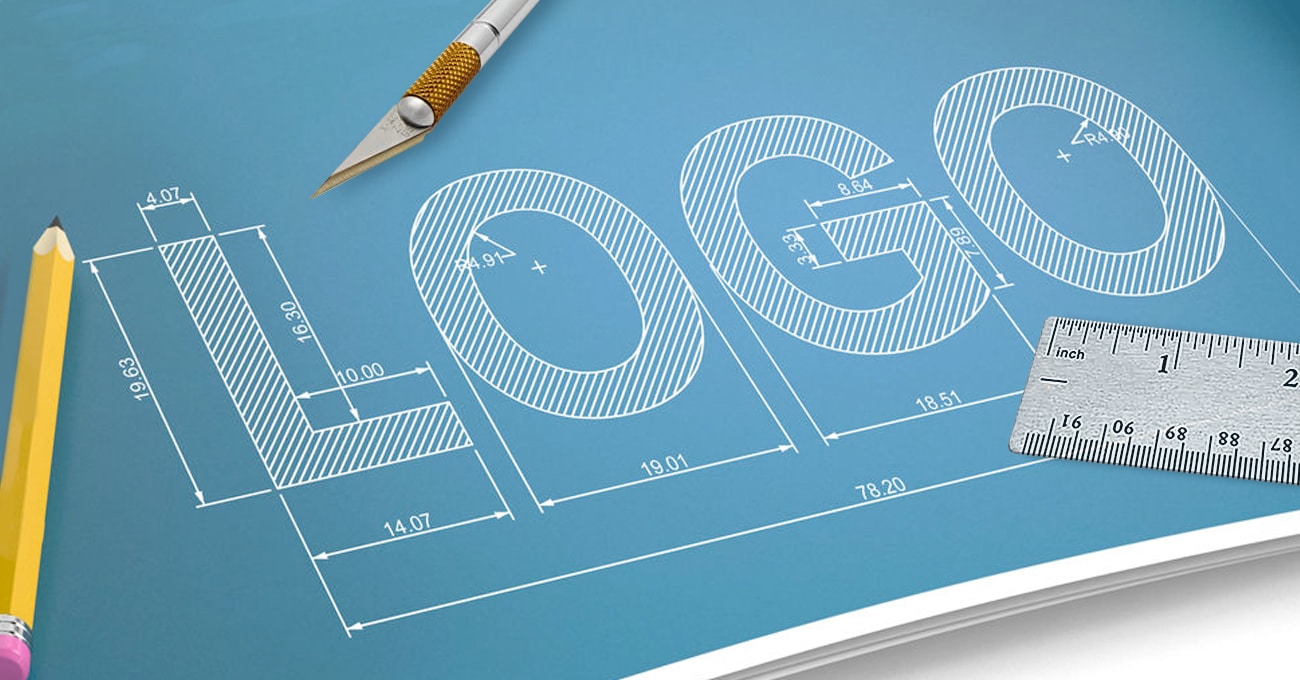
DES 333: Design Deconstruction - 3 Credits
During this class, your approach to generating design ideas will be “turned on its head” through the process of deconstruction and reconstruction. You will be encouraged to expand your view of design, typography, composition, ideation, and effectively communicating with diverse audiences. Throughout the course, you will solve design problems by exploring and applying creative strategies. By the conclusion of this course, you will have generated a host of basic and refined conceptual pieces and acquired new methodologies for individual or team creative work. Design Deconstruction course syllabus
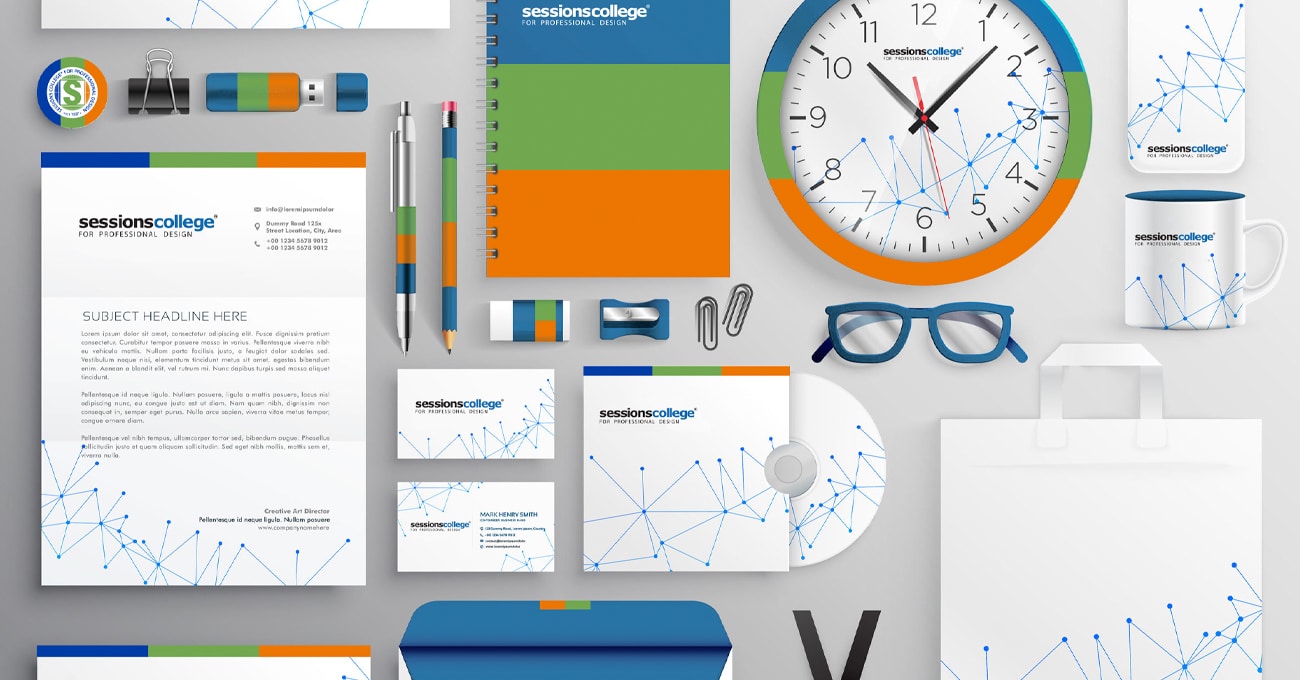
DEG 344: Professional Practices - 3 Credits
During this class you will develop and/or enhance your business forms and collateral materials for your photography, illustration, and design business based upon industry standards and best practices. In preparation for running your own creative services business, you will also create a business plan and marketing plan as you explore an ethical and scalable business philosophy. You will focus on networking with fellow creatives through local industry organizations and/or respected creative work sharing sites and implement your internship outreach plan in preparation for the DEG 410 Internship and Entrepreneurship. Professional Practices course syllabus

GEN 402: Communication - 3 Credits
Engage in the process of examining, analyzing, summarizing, and evaluating communication strategies and theories. Students will demonstrate how to apply various communication principles through speech, including the consideration of the communication process, receiver perceptions, and verbal and nonverbal communication, as well as listening. The theory of communication will be explored in regard to engaging small groups, the public, and a variety of organizational contexts. A broad range of communication venues and considerations will be evaluated including interviewing, mass media, the use of new technologies, the influence of relationships, body language, intercultural perspectives and gender, as well as how to address conflict and negotiations. Communication course syllabus
Ninth Semester
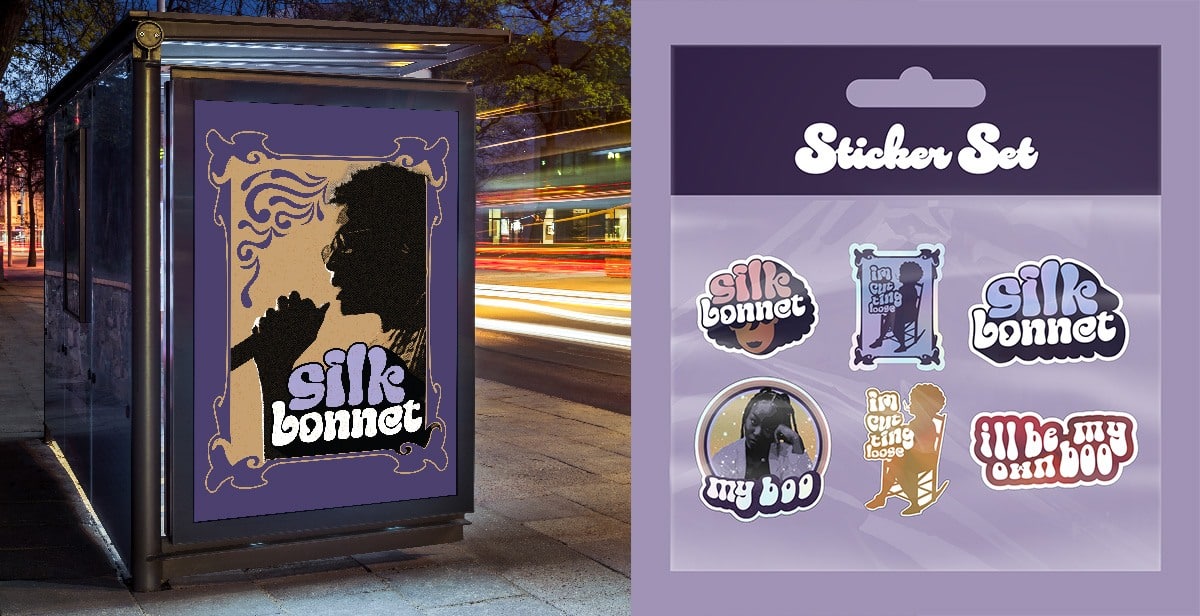
DEG 404: Special Topics II - 3 Credits
In this second individualized course, you will research, develop, and present projects that support your portfolio and career goals. You will develop a project plan with your instructor, then fulfill it as you continue to analyze, evaluate, and synthesize design theories and integrate them into your well-considered and compelling project(s). Your class grade will be based not only on the quality of your work but also on your ability to meet deadlines, effectively finalize your designs, and present your work. Special Topics II course syllabus
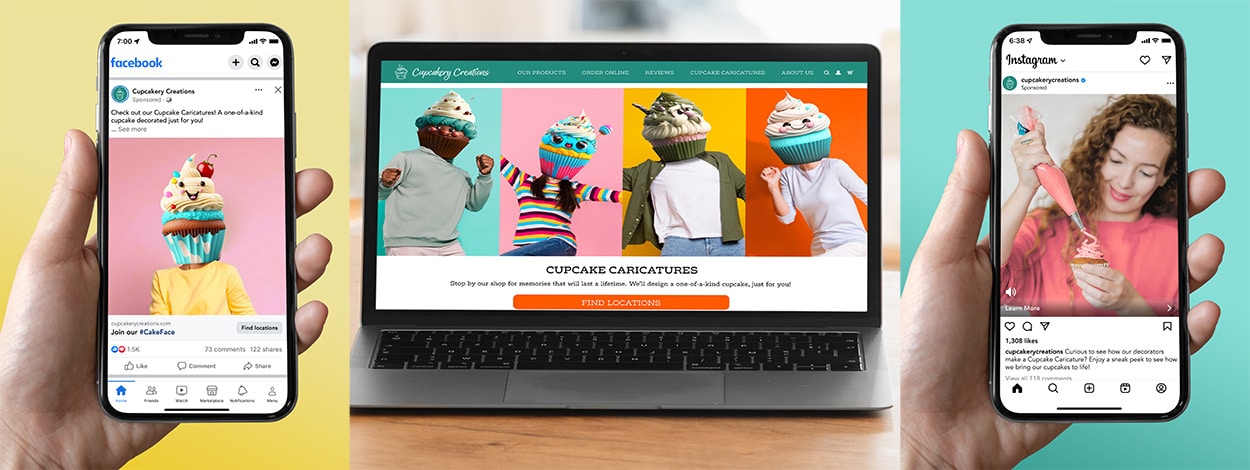
DES 411: Interactive Marketing - 3 Credits
As a designer working today, you'll likely need to develop designs deployed through a wide range of interactive media and/or social media. How will you react when a client wants you to direct their web strategy or coordinate their social media campaigns? In this class, we will research and discuss current interactive marketing strategies and venues. You will then translate your research into the development of practical interactive media projects that can expand the depth of your portfolio. The final presentation should reflect your research and include finalized designs that demonstrate your design expertise and ability to strategically plan the development of interactive graphic design. Interactive Marketing course syllabus
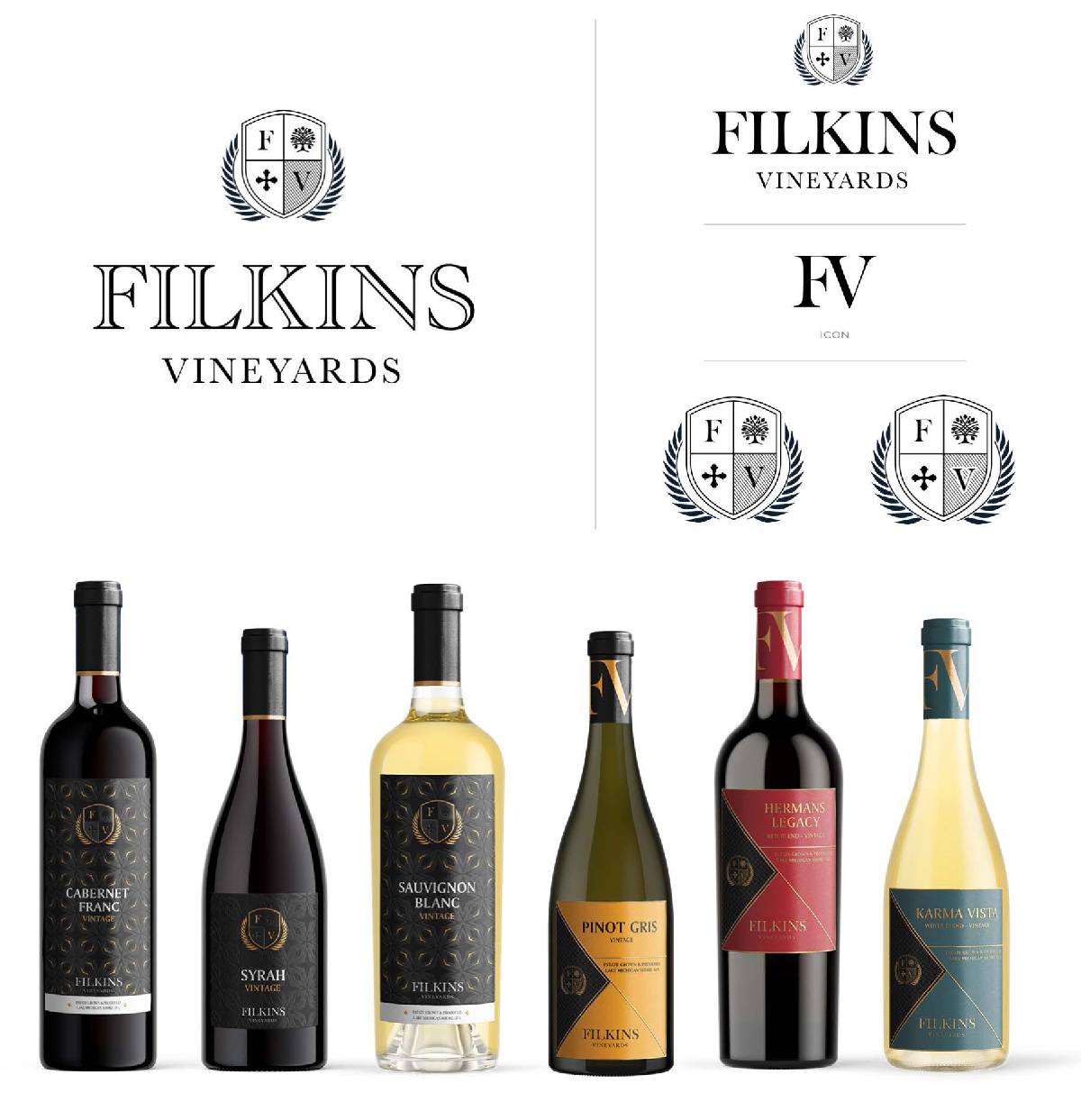
DEG 410: Internship & Entrepreneurship - 3 Credits
To get your foot in the door in the design field, experience matters. In this industry-focused class, you will engage with a professional client or employer in your local area and expand your experience in the field, with the benefit of the insightful support of your instructor. Working for a real client or employer will provide you an opportunity to hone your problem-solving, client communication, and project management skills, creating a business solution(s) that will stand out in your portfolio and on your resume. Internship & Entrepreneurship course syllabus

GEN 401: Accounting for Creatives - 3 Credits
Any creative who wants to establish a freelance career or succeed in business will benefit from a basic understanding of accounting. This course includes a focus on basic accounting principles and how they can be applied within the context of a small creative business. You will explore and identify how to use Generally Accepted Accounting Principles (GAAP), ledgers and journals, and how to follow and apply accounting strategies and cycles when running a creative focused business. Additionally, this course provides an introduction to balance sheets, financial statements, assets and liabilities, and equity, as well as an exploration of business ethics. Accounting for Creatives course syllabus
Final Semester
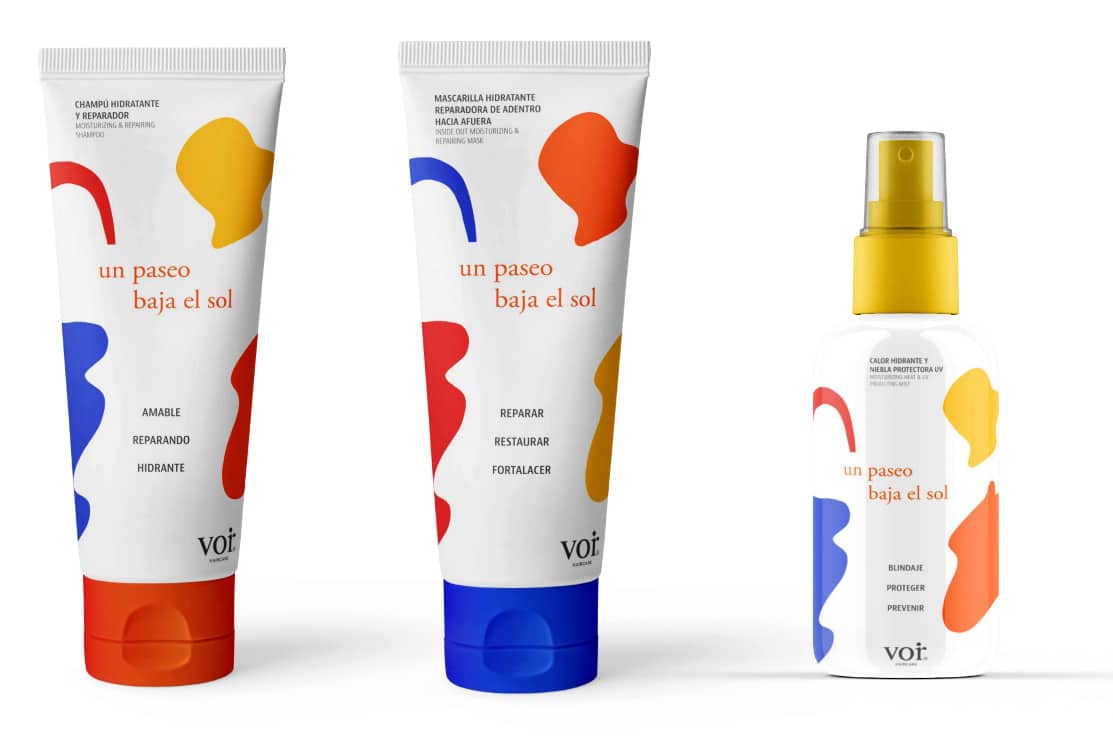
DES 422: Global Design - 3 Credits
A contemporary designer must be prepared to produce work that can appeal to an global audience. During this course, you will research designs produced by a range of international designers in different countries. Based upon your findings, you will develop and produce a multi-faceted design project focused on gaining the attention of an international audience. By considering cultural differences, you will develop the cultural sensitivity required to be a global citizen and the skills to effectively research projects for domestic and international audiences. Global Design course syllabus
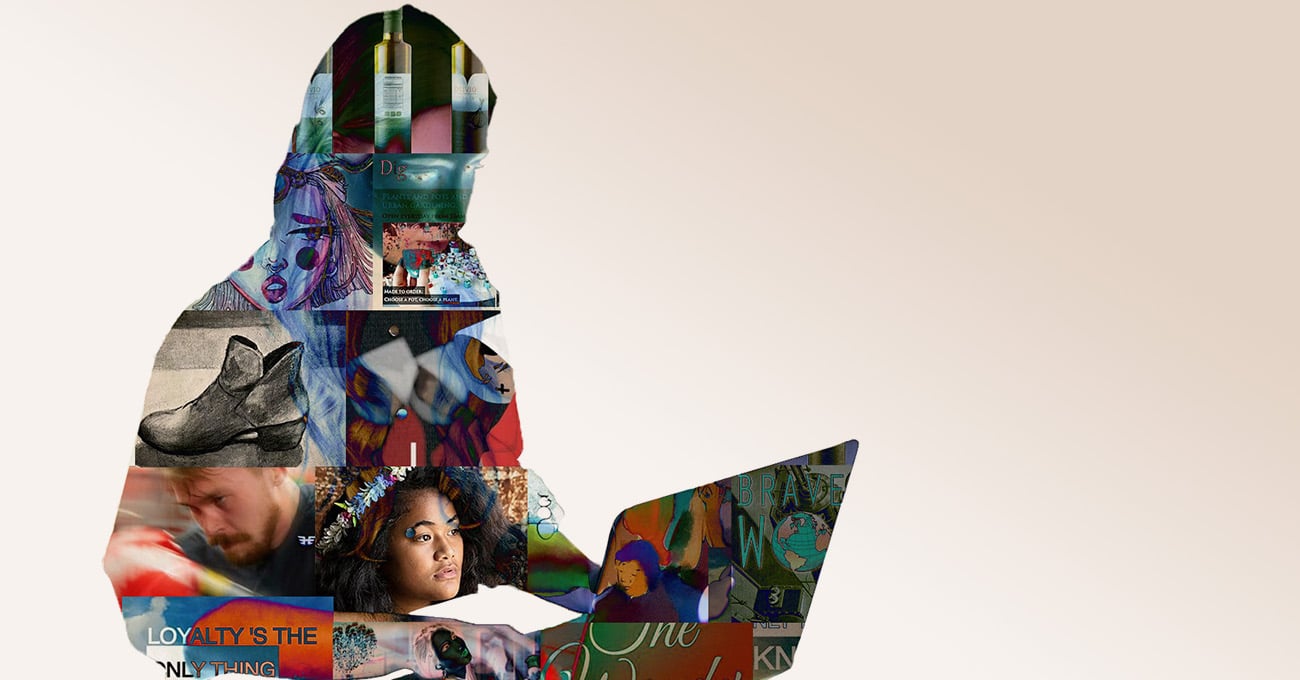
DEG 460: BFA Portfolio - 3 Credits
In this class, you will finalize your portfolio, business materials, and resume, in preparation for pursuing or advancing your design career. Working with your instructor, you will hone your BFA-level projects into a persuasive presentation of final work. The course structure includes the opportunity to enhance your portfolio as well as demonstrate your ability to effectively communicate the depth of your creative and technical skills, critical thinking and problem-solving abilities, work ethic, and passion for developing impactful and compelling professional work. BFA Portfolio course syllabus

ELE 405: BFA Elective - 3 Credits
Choose a free elective from a wide range of courses.
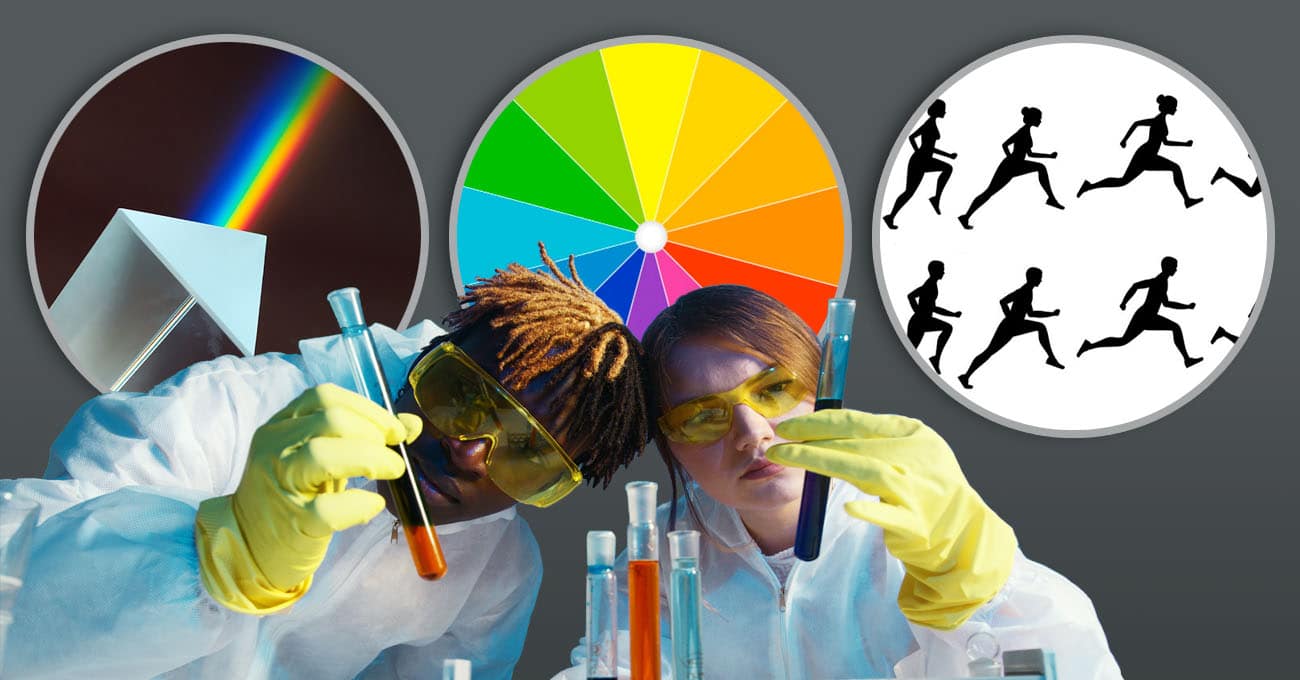
GEN 410: Science of Light, Color & Motion - 3 Credits
Any creative professional—artist, designer, or photographer—creates artwork, images, or animations in a natural world that is governed by the laws of physics. In this introductory science class, students will explore and apply scientific principles that are fundamental to visual perception. Students will learn the scientific basis of key concepts in light, color, and motion, explore research methods to discover how they work, and express this scientific knowledge in their creative work. Students will graduate the course with a solid understanding of how scientific theories, research, and experimental methodology are applied, building a foundation for future learning. Science of Light, Color & Motion course syllabus
Students must complete 90 credits of Art/Design coursework and 30 credits of General Education. (DES = Design, PHO = Photography, WEB = Web, DIG = Digital Media, ILL = Illustration, DEG = Degree, FLM = Filmmaking, GEN = General Education)
* Elective course requirement may be fulfilled by any lower level 3-credit course, subject to availability and prerequisites.
Program Outcomes
By completing the program, Bachelor's Degree in Graphic Design students develop the following competencies:
Art/Design Principles
Employ and present the ability to create quality work by exploring and experimenting with the use of color, visual hierarchy/organization, concept development, typography, composition, and other art/design principles.
Technology
Create images and produce design layouts by effectively and efficiently utilizing design software including Adobe Photoshop, Illustrator, and InDesign and other industry and web-based technologies.
Research, History, Criticism
Analyze, evaluate, and synthesize historical concepts and artistic styles, effectively communicate and defend aesthetic ideas based upon research, critically evaluate the work of multiple artists and designers as well as consider the influence of design on culture and context when producing innovative work.
Design Process
Develop and advance the ability to work independently, support concepts and creative work, effectively collaborate with others; produce strategic designs/design systems based upon contemporary communication theories while considering social and cultural concerns for diverse audiences, in alignment with ethical business practices.
Portfolio
Conceive, produce, and present a cohesive body of work by synthesizing technical expertise, art/design principles and employing critical thinking and creative problem solving, in response to constructive feedback and critiques. Portfolio pieces display professional design aesthetics and concepts aligned with the student’s career and creative goals.
Critical Thinking, Communication, and Writing
Employ critical thinking and information literacy to generate, support, evaluate, and convey ideas through writing and oral communication for academic or professional contexts while considering divergent perspectives, cultural framing, historical context, research, and ethical concerns.
Professional Readiness
Construct and present a professional perspective by exploring the impact of culture and organizational behavior, practice timely production of well-conceived work, cultivate an elevated attention to detail, fulfill creative briefs, accept constructive feedback, demonstrate adaptability, and clearly communicate ideas.
Design Planning & Systems
Explore and refine the ability to conceive, develop, and produce well-considered design systems and employ strategies based upon marketing theories, project management, and design principles while considering research, history, culture, context, human behavior, and psychology.
About Sessions College
Sessions College has been inspiring creative professionals for 25 years. Accredited since 2001, we have a unique and proven approach to online education.

Accredited by Distance Education Accrediting Commission since 2001
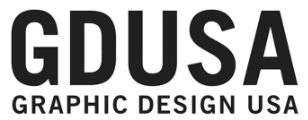
Recognized as top design school by GDUSA
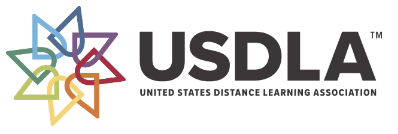
Winner of four USDLA awards for distance education
Bachelor's Degree in Graphic Design – Student Experience
The Sessions College BFA in Graphic Design program inspires students to advance their creative careers by developing work for a global audience that is aligned with their future career goals.

Build a Foundation in Relevant Skills.
During the first two years of the program, you’ll establish a strong foundation in the technical, design, and critical thinking skills required by employers in creative industries. No textbooks required; you will learn by applying current design and software skills to a wide range of projects.
Customize Your Creative Path.
Our BFA is focused on helping you achieve your creative ambitions. In year three, working closely with our faculty, you’ll develop a customized educational plan to help you craft a portfolio of work to achieve your personal or professional goals. Adapt your classes by working on projects that inspire you and advance your career.


Focus on Research and Presentation.
Upper level courses provide a highly structured context for students to deepen their research, design, and presentation skills. Mentored by experienced faculty, you will delve deeper into your projects, and develop the communication skills to ace your client interviews.
Experience Real-World Applications.
Study professional practices and gain invaluable work experience with a real client or employer, as part of your program. Discover how to market and monetize your work in interactive media and accounting classes.


Be Industry Ready.
Employers are looking for problem solvers and adaptable professionals. Throughout the program, you’ll access industry-relevant opportunities to develop and advance your proficiency in critical thinking, problem solving, and communication.
Build a Professional Portfolio.
The program is relentlessly focused on helping you generate compelling creative work. Your final BFA portfolio and exhibition will speak for itself, helping you express your passions and talents in pursuit of your desired career path.

Student Work
Student Work


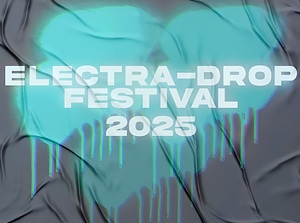

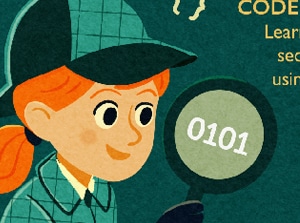




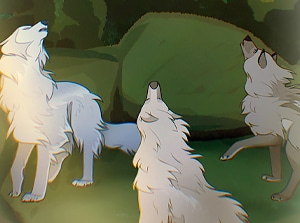




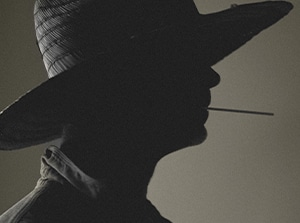
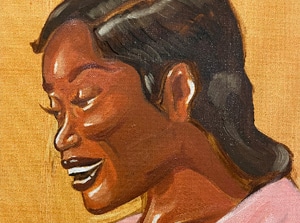

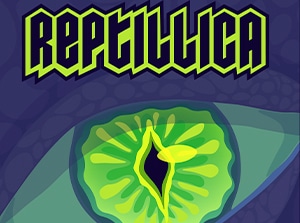
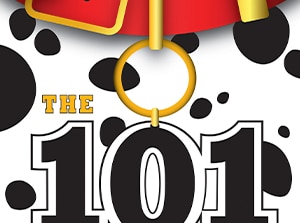

BFA Faculty

Andrew Shalat, Department Head of Graphic Design
Andrew Shalat is an author, designer/illustrator, educator, and Mac expert. Since 1985, Andrew has been designing and writing articles about Macintosh, Mac software, and publishing technologies. Andrew has been a regular speaker/faculty member at Macworld Expo since 2001 and has written three books on design: How to Do Everything with Online Video (McGraw-Hill, Osborne), Do It Yourself Mac Projects (McGraw-Hill), and MacDesign Out of the Box (Peachpit). Andrew is a regular contributor to Mac Radio, InDesign Magazine, and Creativepro.com and his design work covers a large range of media including book, CD and DVD covers, brochures, catalogs, outdoor signage, print ads, artwork, logos, and Web design. Full bio
Dr. Meryl Epstein, Dean of Academic Affairs
Dr. Meryl P. Epstein is the Dean of Academic Affairs for Sessions College. In her role, Dr Epstein strives to inspire excellence and is consistently focused on supporting the creative and positive environment of Sessions College. Prior to joining Sessions College, Meryl has extensive experience in design, education, and leading academic teams and has served as Dean of Academic Affairs, Program Chair, Doctoral Development Faculty, Art Director, Graphic Design Manager, Faculty member (online and on-ground), and Exhibiting Artist/Photographer. Highlights from her career include implementing and leading the graphic design of three different museums (Scottsdale Museum of Contemporary Art, Arizona Science Center, and Arizona Historical Museum) and receiving the first Arizona AIGA fellow award. Full bio

BFA Program At a Glance
Earn a BFA
The #1 credential for creatives.
100% Online
Flexible program designed for adult learners.
Under 4 years
Graduate in less than 4 years.
1to1 Faculty Feedback
Learn from creative professionals.
Study At Your Own Pace
Full and part-time schedules available.
$300/Credit Tuition
Recognized for affordability.

Career Outlook for Graphic Designers
Graphic Designers produce creative work for a myriad of industries and design for print, web, and a variety of media including television, film, and live streaming. Graphic Designers need to possess technical expertise, analytical skills, artistic ability, communication skills, creativity, time-management, and well-developed attention to detail.
Exciting Job Opportunities
Graduates could be employed as a Graphic Designer, Brand Identity Designer, Web Designer, UX/UI Designer, Production Artist, Desktop Publisher, or Digital Designer.
Median Annual Wage and Income Potential
According to the Federal Bureau of Labor Statistics the median annual wage for graphic designers was $58,910 (as of May 2023).
Median annual wages for graphic designers in top industries (in which they work):
| Specialized design services | $62,330 |
| Advertising, public relations, and related services | $56,970 |
| Publishing industries | $54,450 |
| Printing and related support activities | $44,500 |
Largest Areas of Employment
| Self-employed workers | 19% |
| Advertising, public relations, and related services | 9% |
| Specialized design services | 9% |
| Printing and related support activities | 6% |
| Publishing industries | 6% |
Job Projections and Employment Trends
Employment opportunities for graphic designers are projected to grow 3 percent from 2022 to 2032.
There are about 22,800 projected openings for graphic designers each year, on average, over the decade.
Based on Federal Bureau of Labor Statistics and Indeed Job Outlook data.
Learn More
Based on Federal Bureau of Labor Statistics and Indeed Job Outlook data.
To learn more, visit AIGA, Graphic Artists Guild, Society for Experiential Graphic Design.
Truly Affordable Education
Our tuition is:
50% lower than the average annual cost of tuition at 4-year colleges in the United States.
Significantly more affordable than other online design / digital media colleges.
So affordable that 100% of tuition costs may be covered for eligible students.* Find out today if you qualify.
*Federal student aid and military education benefits available for eligible students.

Frequently Asked Questions
Our online application process makes getting started easy, fast, and convenient.
What is the difference between a BFA and a BA?
The Bachelor of Fine Arts (BFA) degree is generally considered to be the most prestigious, professionally oriented bachelor's degree in the visual arts.
- In a Bachelor of Fine Arts (BFA) degree program, you are generally required to complete at least 65% of courses in your art/design major subject, and no more than 35% in general education. In the Sessions College BFA, 75% of the coursework is focused on your art/design studies.
- In a Bachelor of Arts (BA) program, you are generally required to complete up to 50% of courses in general education, with a lower percentage in your art/design major. The focus of a BA is to provide a well-rounded education.
For more information on the difference between a Graphic Design BA and a BFA, view this GDUSA article about benefits of getting a BFA.
What makes the Sessions College BFA in Graphic Design program distinctive?
Simply, the program is the most affordable, accessible, and portfolio-focused online Bachelor's Degree in Graphic Design available.
- Affordable. Our truly affordable $350/credit tuition is substantially lower than competitor programs, so you can graduate with a minimum of loan debt.
- Accessible. Designed for busy adults with weekly deadlines but no set login times, you can complete the program from anywhere in the world, studying full-time or part-time. More than 50% of degree students complete programs while employed.
- Portfolio-Focused. Build a solid art/design foundation, then customize your advanced level classes around your portfolio goals. Faculty mentoring will help you hone your final BFA portfolio to achieve YOUR creative career goals.
How Long Does the Program Take to Complete?
Most Bachelor’s Degree programs take four years to complete. You can complete our BFA in Graphic Design program in 10 semesters or 3.3 years—and sooner if you have credit transfer. With our intensive program, you can graduate faster and get started sooner with your career goals.
Is the Tuition Affordable?
Truly Affordable Tuition. We are committed to making the highest-quality design and digital media education available at the lowest cost.
Our truly affordable tuition is:
| Bachelor of Fine Arts (BFA) Program - 2025-26 Tuition |
|---|
| $350 per credit |
| $4,200 per semester |
| $8,400 per academic year |
| $42,000 total program tuition |
Per-credit tuition is the same full-time and part-time students. Federal financial aid available for eligible students. Ask about our $500-$3,000 scholarships for exemplary applicants.
A $200 registration fee is required to process your enrollment in the program. Registration fees are nonrefundable after 5 days from the scheduled beginning of program orientation. See Degree Program Admissions.
What software and/or supplies do I need?
To take this program, you’ll need the following:
| Technology | Desktop or laptop computer with a reliable high-speed Internet connection. Computer must meet minimum specifications for Adobe Creative Cloud (Chromebooks and iPads are not suitable). |
|---|---|
| Software | 100-200 Level: Adobe Creative Cloud: Photoshop, Illustrator, InDesign. Microsoft Word or an equivalent word processing program (such as Google Docs). 300-400 Level: |
| Camera | A digital camera or smartphone with the ability to produce high-quality images or present your artwork. |
| Supplies | Basic drawing materials including pencils, charcoal, newsprint, and sketch paper. |
There are no textbook or course material costs to participate in this online program. A wide range of discounts on technology, software, and supplies is available to enrolled students.
Is Sessions College Accredited?
Yes. Since 2001, Sessions College has been accredited by the Distance Education Accrediting Commission (DEAC). The Distance Education Accrediting Commission (DEAC) is a private, non-profit organization founded in 1926 that operates as an institutional accreditor of distance education institutions. The Distance Education Accrediting Commission is listed by the U.S. Department of Education as a recognized accrediting agency and is recognized by the Council for Higher Education Accreditation (CHEA).
What is the Admissions Process?
To enter the program you are expected to have earned a high school diploma, GED, or state-approved home school equivalent. Any students under 17 years of age will also need to provide the signed permission of a parent or guardian.
We have a convenient and student-friendly online application process. Simply complete our program application form and provide transcripts, an application essay, and 5-10 samples or art/design work or alternative written assignment, and a $75 application fee. See our complete application guide and credit transfer policy.
Applications are reviewed by our Acceptance Committee and generally returned within a business week.
You can begin your creative journey by completing our online application today. There is no charge until you submit your application materials and no obligation to enroll.
What Else Do I Need to Do?
All candidates are expected to complete a 15-minute phone or Zoom interview with one of our Admissions advisors. These talented, friendly professionals will explain the program options, answer your questions, and get you started with your financial aid process, if you are eligible.
Get Started Today
Take the first step on a rewarding creative journey towards earning a BFA in Graphic Design.
By submitting this form, you consent to an Admissions Advisor contacting you about our educational programs via email, phone, or SMS text. Message & data rates may apply. You can opt out or unsubscribe at any time. Privacy Policy.


